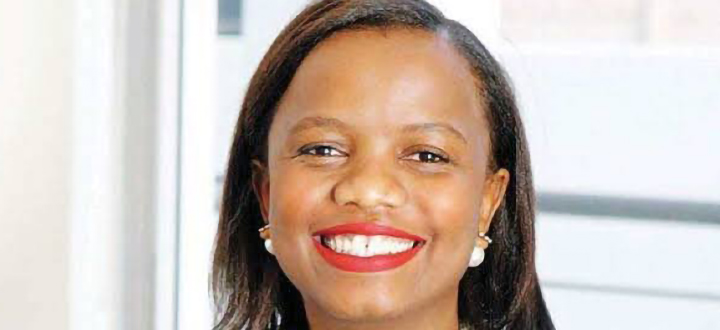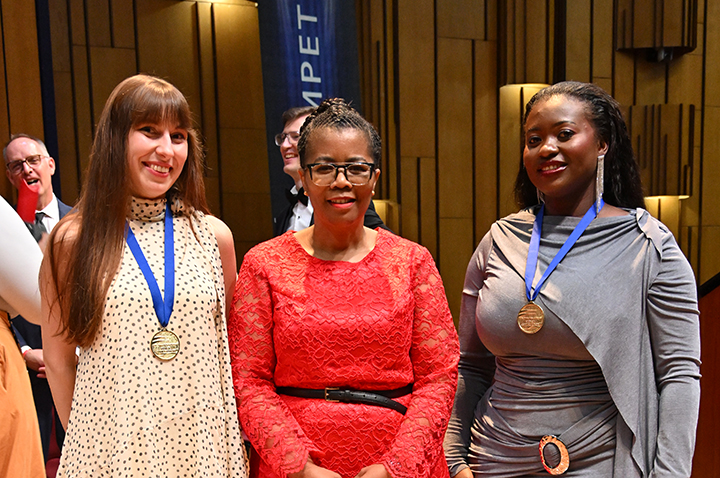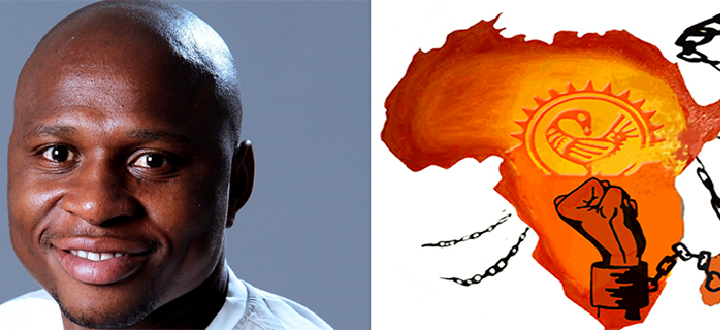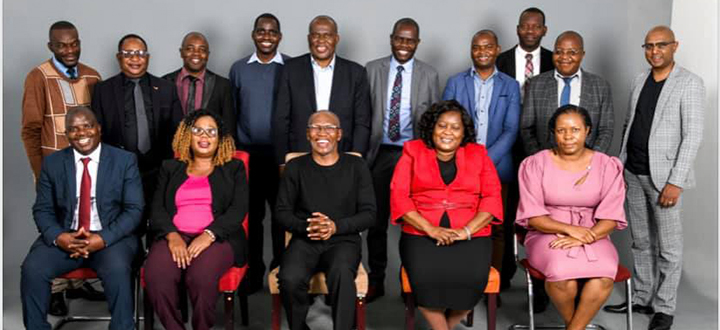
The African college of excellence in the social and human sciences
The Department of Communication Sciences recently hosted a research seminar on Generative AI in electoral campaigns and the future of democracy in Africa led by digital rights specialist, Phumzile van Damme. She provided a thought-provoking discussion on the opportunities and risks of artificial intelligence (AI) in political communication, and also explored AI’s role in shaping electoral processes, spreading disinformation and the resilience of democratic institutions.

Phumzile van Damme
The conversation opened with an acknowledgement of AI’s growing influence in global elections. Van Damme noted that while AI presents opportunities to improve voter engagement and transparency and support electoral commissions, it also poses significant risks, particularly in the spread of AI-generated disinformation. "The real danger lies not in AI itself, but in how it is wielded," Van Damme remarked.
She referred to a comparative analysis between South Africa and Indonesia, demonstrating how different political landscapes influence the way disinformation is received and responded to. She indicated that in South Africa, where citizens are highly aware of disinformation tactics due to past experiences like the Bell Pottinger scandal, AI-generated falsehoods struggled to gain traction. By comparison Indonesia, which has a more authoritarian environment, allows AI-driven misinformation to play a decisive role in shaping voter perceptions.
Another key topic during the seminar was about barriers to the adoption of AI in Africa, including disparities in internet access, digital literacy and the economic feasibility of AI technologies. Van Damme emphasised that most AI tools are developed in Western contexts, often without considering the unique challenges faced by African countries. "When technology is built without us in mind, we remain at the mercy of systems that do not serve our realities," she stated.
She argued that African governments and academic institutions must actively participate in AI research and policy making to ensure that AI development aligns with local needs and safeguards democratic integrity.
A heated discussion emerged about policy and regulatory challenges, and she mentioned that although AI-generated content can be weaponised to manipulate public opinion, strict regulations could also be misused by governments to suppress dissent and limit free speech. Van Damme stressed the importance of finding a middle ground, holding technology companies accountable for disinformation without infringing on democratic freedoms. "We need rules that protect people, not rules that silence them," she asserted.
Van Damme also highlighted the role of academia in AI governance, urging scholars to contribute to policy discussions, develop AI research centres and promote digital literacy.
In her conclusion, Van Damme stated that as AI continues to evolve, its impact on democracy remains a pressing concern. She concluded her talk with a call for greater collaboration between governments, researchers and civil society to mitigate the risks of AI while harnessing its benefits for democratic processes.
Van Damme’s final words left a powerful impression: "We cannot afford to be passive observers in the AI revolution. The future of democracy depends on how we act today".
* By Phumudzo Ratshinanga, Department of Communication Sciences, with input from ChatGPT
Publish date: 2025/03/31
 Unisa celebrates a project of hope, dignity and student success
Unisa celebrates a project of hope, dignity and student success
 Women vocalists take top honours at Unisa's globally renowned showcase
Women vocalists take top honours at Unisa's globally renowned showcase
 African wealth is dependent on investment in education and development
African wealth is dependent on investment in education and development
 Unisa celebrates matric result success at Correctional Services ceremony
Unisa celebrates matric result success at Correctional Services ceremony
 Unisa ICT Director recognised among acclaimed IT leaders
Unisa ICT Director recognised among acclaimed IT leaders